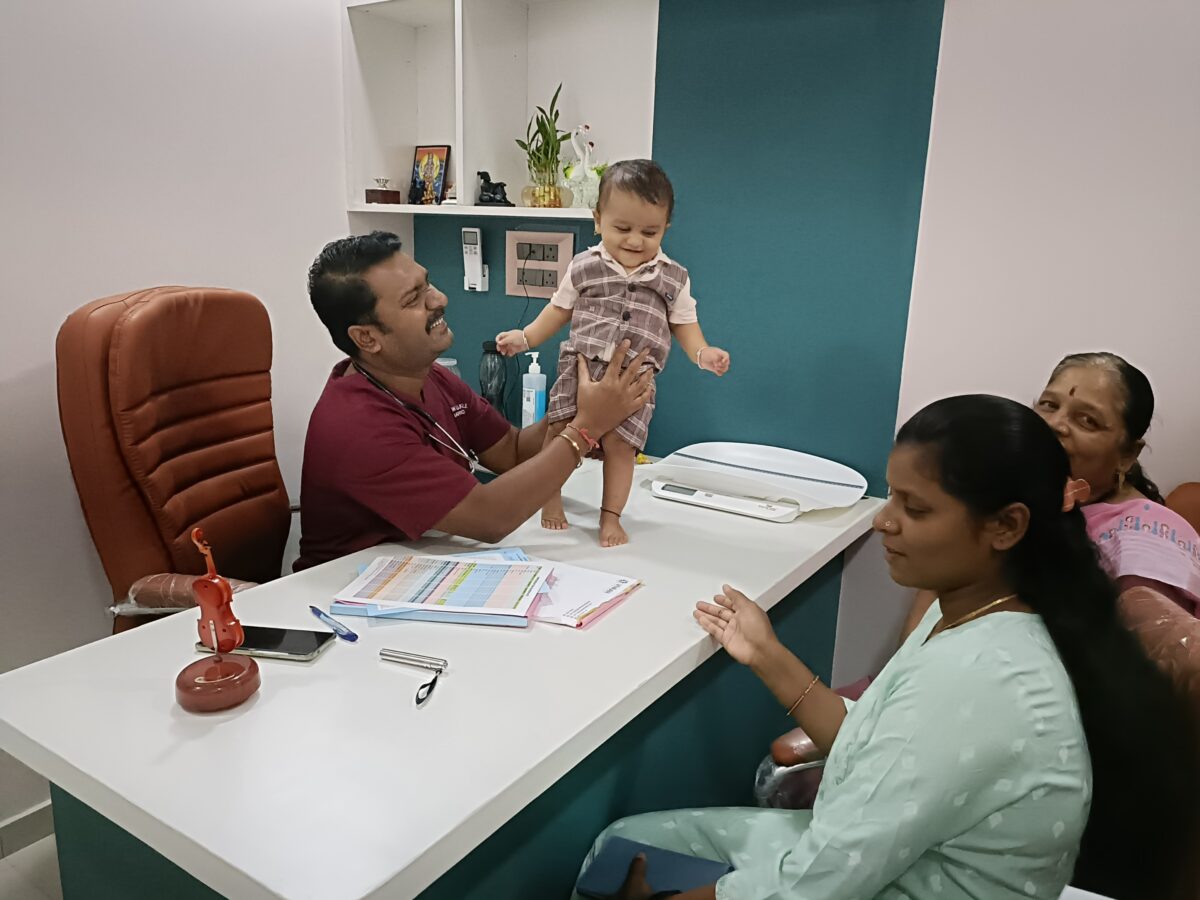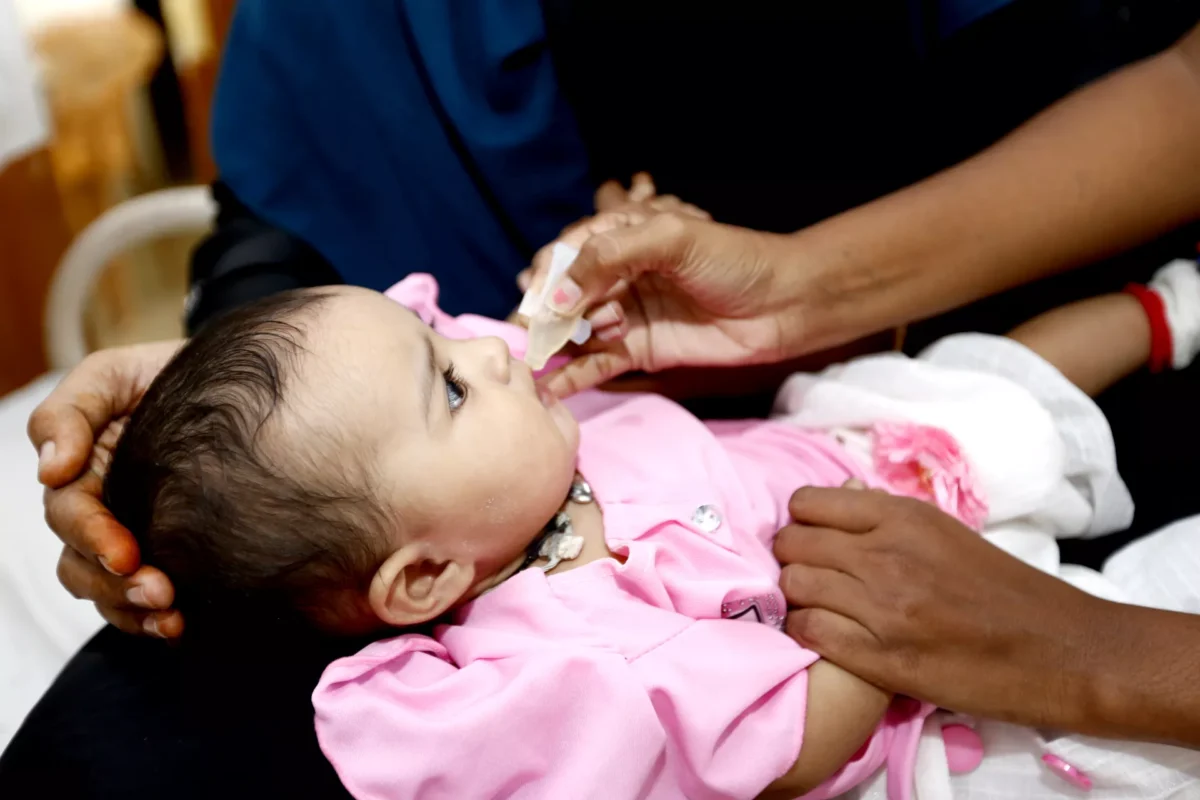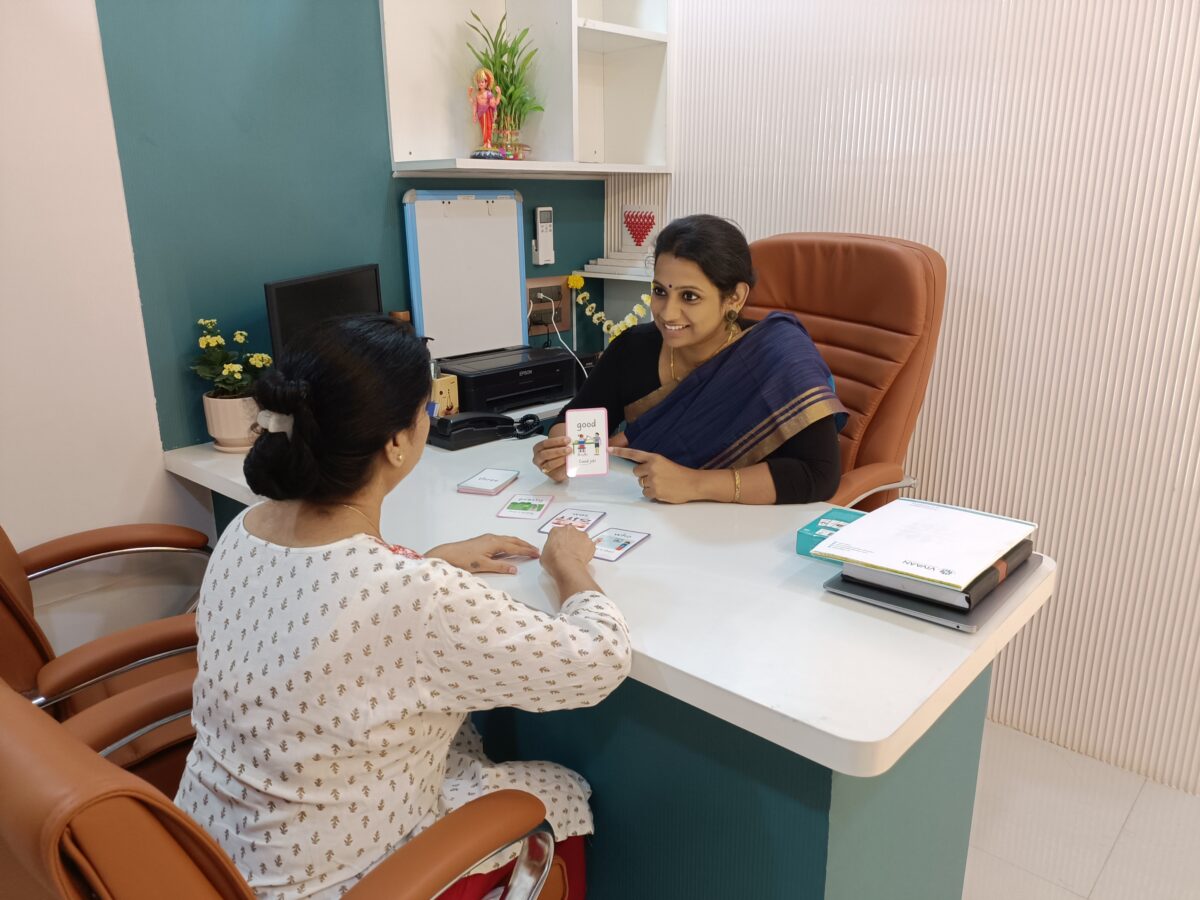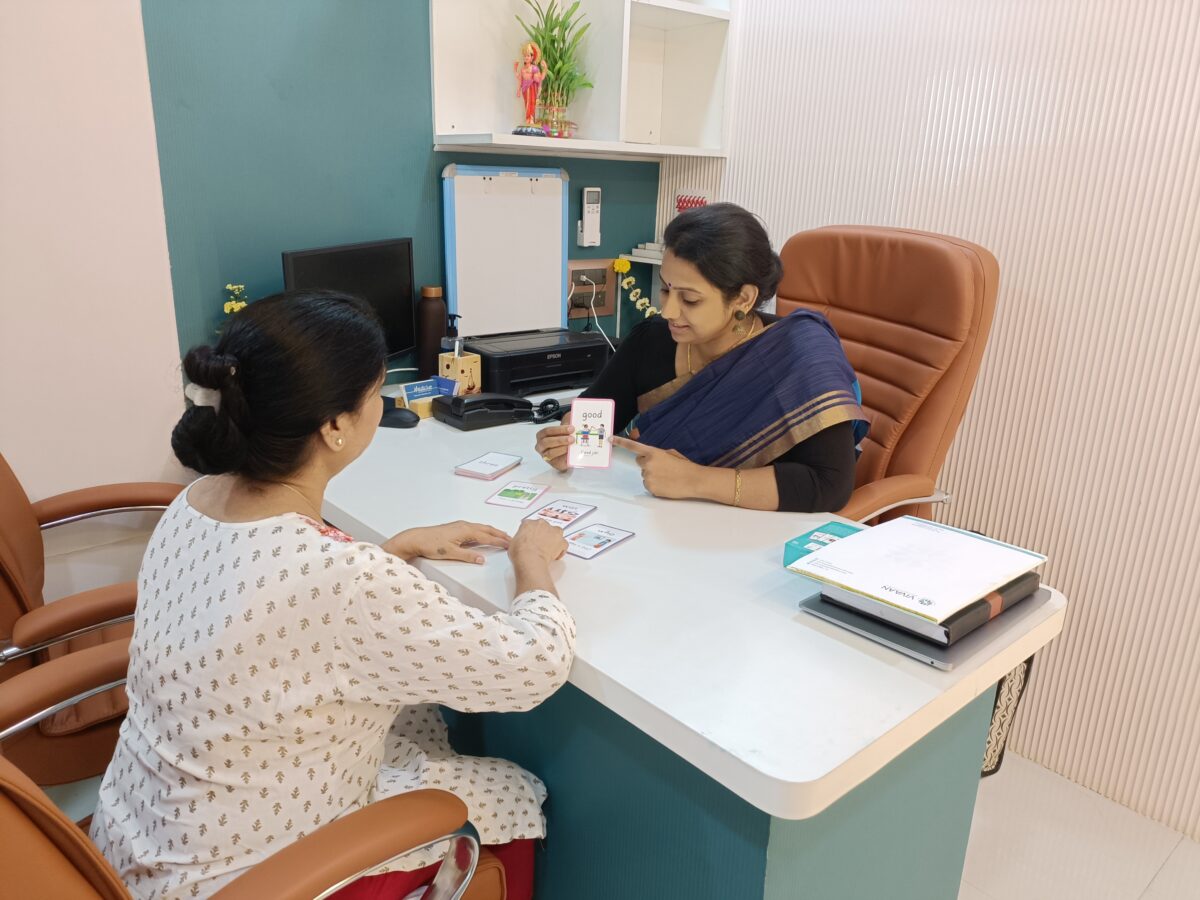

Vaccination stands as one of the most effective ways to protect individuals and communities from life-threatening diseases. By introducing killed or modified germs into the body—through injections, oral routes, or nasal sprays—vaccines train the immune system to recognize and combat specific infections. This simple yet powerful process shields both individuals and communities from the devastating effects of infectious diseases, saving millions of lives annually.
How Vaccines Work
Vaccines mimic disease-causing germs without causing illness. They stimulate the body’s natural defenses, prompting the immune system to produce antibodies and memory cells that recognize and fight off the real germs if encountered later. Essentially, vaccines equip the body with a defense mechanism that significantly reduces the risk of severe illness, complications, and even death.
The Importance of Vaccination
Vaccines have transformed global public health. Diseases like smallpox have been eradicated, while polio is now restricted to just two countries. Immunization has dramatically reduced cases of measles, rubella, diphtheria, and pertussis. However, complete eradication is rare, and most diseases require continued vaccination efforts to remain controlled.
Globally, vaccines prevent 3.5–5 million deaths each year from diseases such as diphtheria, tetanus, influenza, and measles. The COVID-19 pandemic highlighted the crucial role of vaccines in restoring lives and economies, reinforcing their status as one of the best investments in individual and public health.
India’s Immunization Efforts
India operates the world’s largest immunization program, targeting over 27 million newborns annually. The National Immunization Program (NIP) offers free vaccines against 12 critical diseases. Additionally, the Indian Academy of Pediatrics (IAP) recommends vaccines for illnesses like mumps, chickenpox, typhoid, and influenza. These efforts improve quality of life by reducing absenteeism, caregiver burdens, and rare complications.
Vaccine Schedules: A Roadmap to Protection
Vaccine schedules guide when and how vaccines should be administered. In India, two primary schedules are followed:
- NIP Schedule: Provides free vaccines targeting high-mortality diseases.
- IAP Schedule: Includes additional vaccines to enhance individual well-being.
Timely vaccination is crucial, but delays don’t mean starting over. Remaining doses can be administered based on recommended intervals.
Beyond Childhood: Vaccines for All Ages
Vaccination isn’t just for children. Adolescents and adults need immunization to maintain immunity or gain protection against diseases like the flu, pneumococcus, and newer threats. Periodic booster shots are essential since vaccine-induced immunity can wane over time. For older adults, vaccines reduce the risk of serious illness and help prevent disease spread, promoting healthier aging.
Why Vaccines Are Essential
Vaccines act as shields, safeguarding individuals and communities from infectious diseases. They are the cornerstone of global health efforts, enabling longer, healthier lives. By preventing life-threatening illnesses, vaccines ensure that people of all ages enjoy better quality of life and fewer disruptions from preventable diseases.
Vaccines are truly a gift of health—a simple yet extraordinary tool that protects generations to come.
#VaccinationSavesLives #ImmunizationMatters #HealthyIndia #VaccinesWork #PublicHealth #GlobalImmunization #PreventDiseases #HealthForAll #NationalImmunizationProgram #ChildHealth #AdultVaccination #ProtectCommunities #VaccineAwareness #LifeSavingVaccines #EndPreventableDeaths #COVID19Vaccine #SafeAndEffective #FightInfectiousDiseases #IndianHealthcare #BetterQualityOfLife




